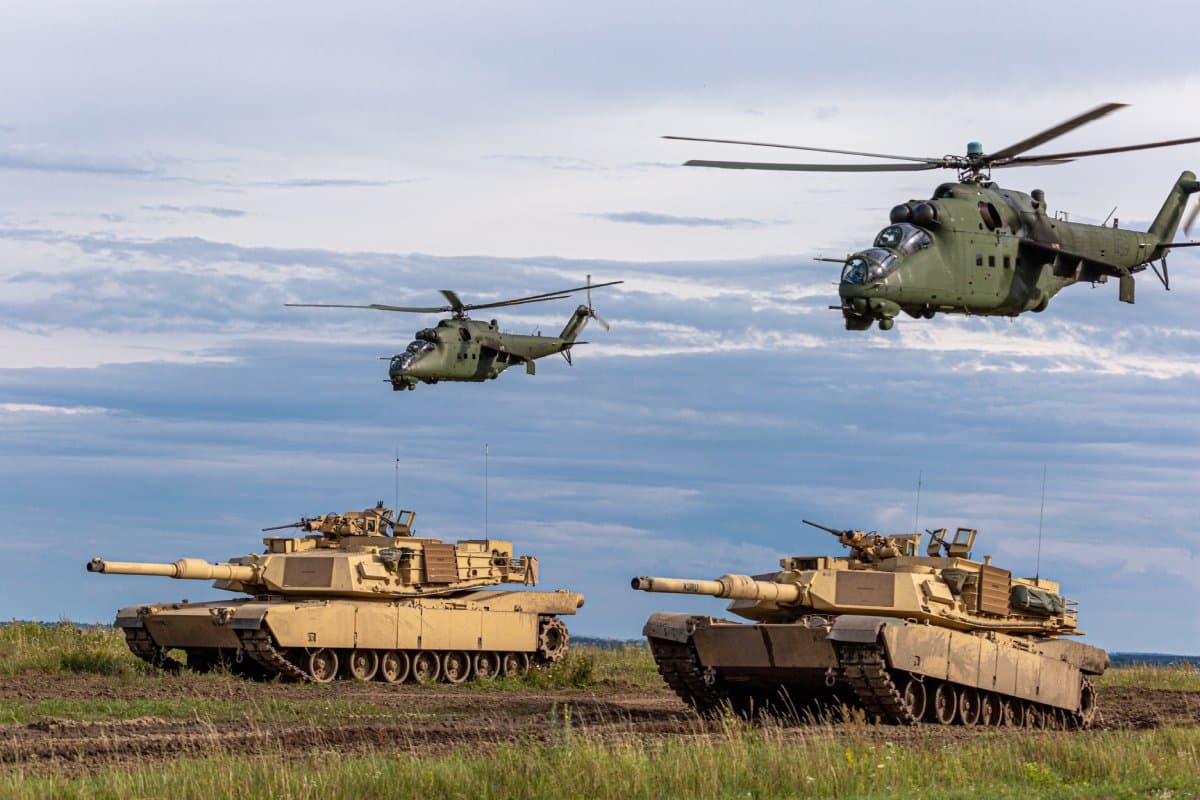Ukraine’s bold offensive deep into Russia’s Kursk region has sparked a complex mix of tacit support from Western allies and conspicuous silence from the UK, raising questions about the next phase of this escalating conflict—here’s the full story.
Surprise Ukrainian Offensive
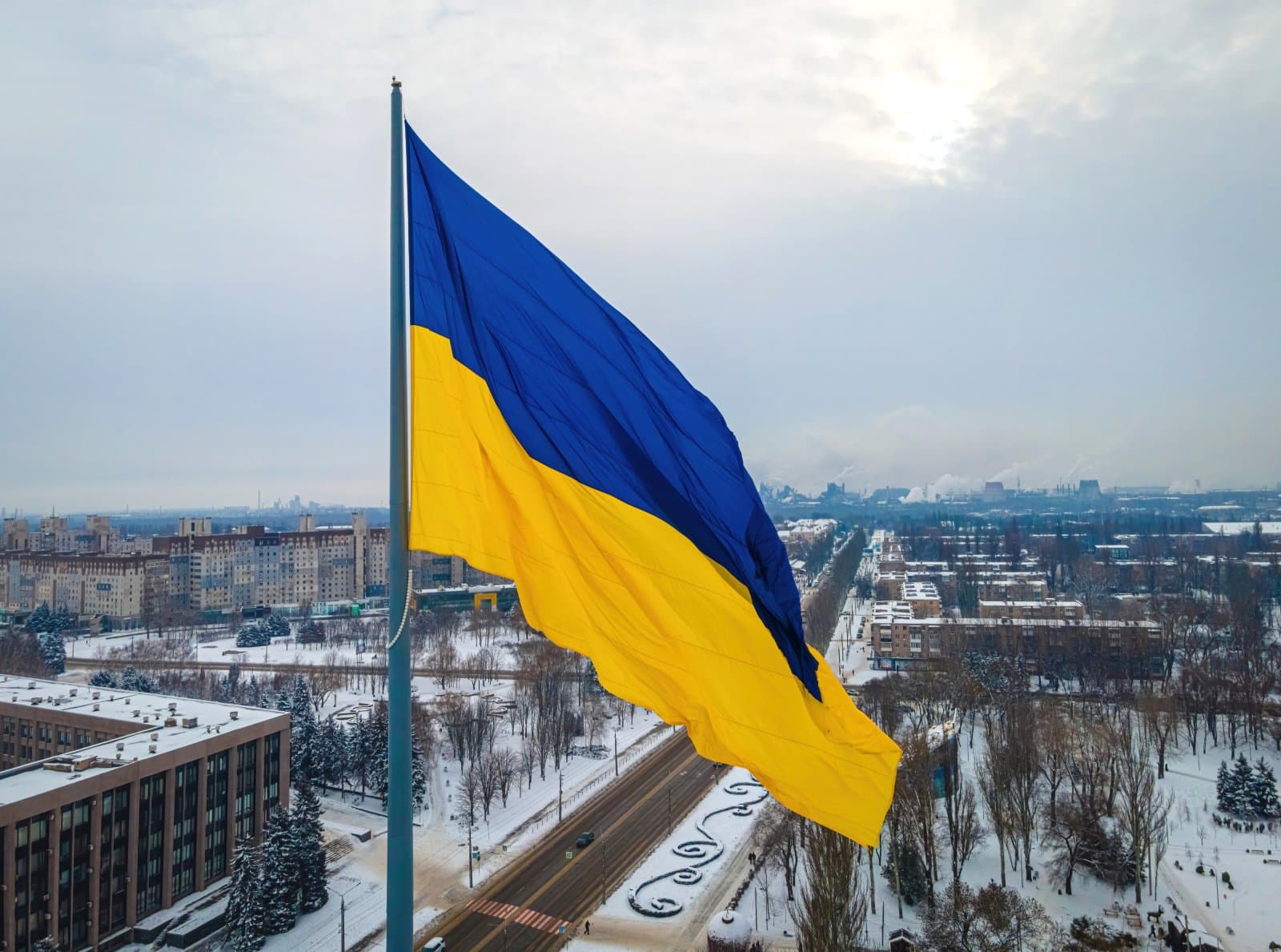
Following months of gruelling fighting in Ukraine in which Russia was slowly gaining ground against the beleaguered nation against which it launched a full-scale invasion in February 2022, Ukrainian forces have launched a daring offensive, advancing deep into Russian territory.
19-Mile Push Into Russia
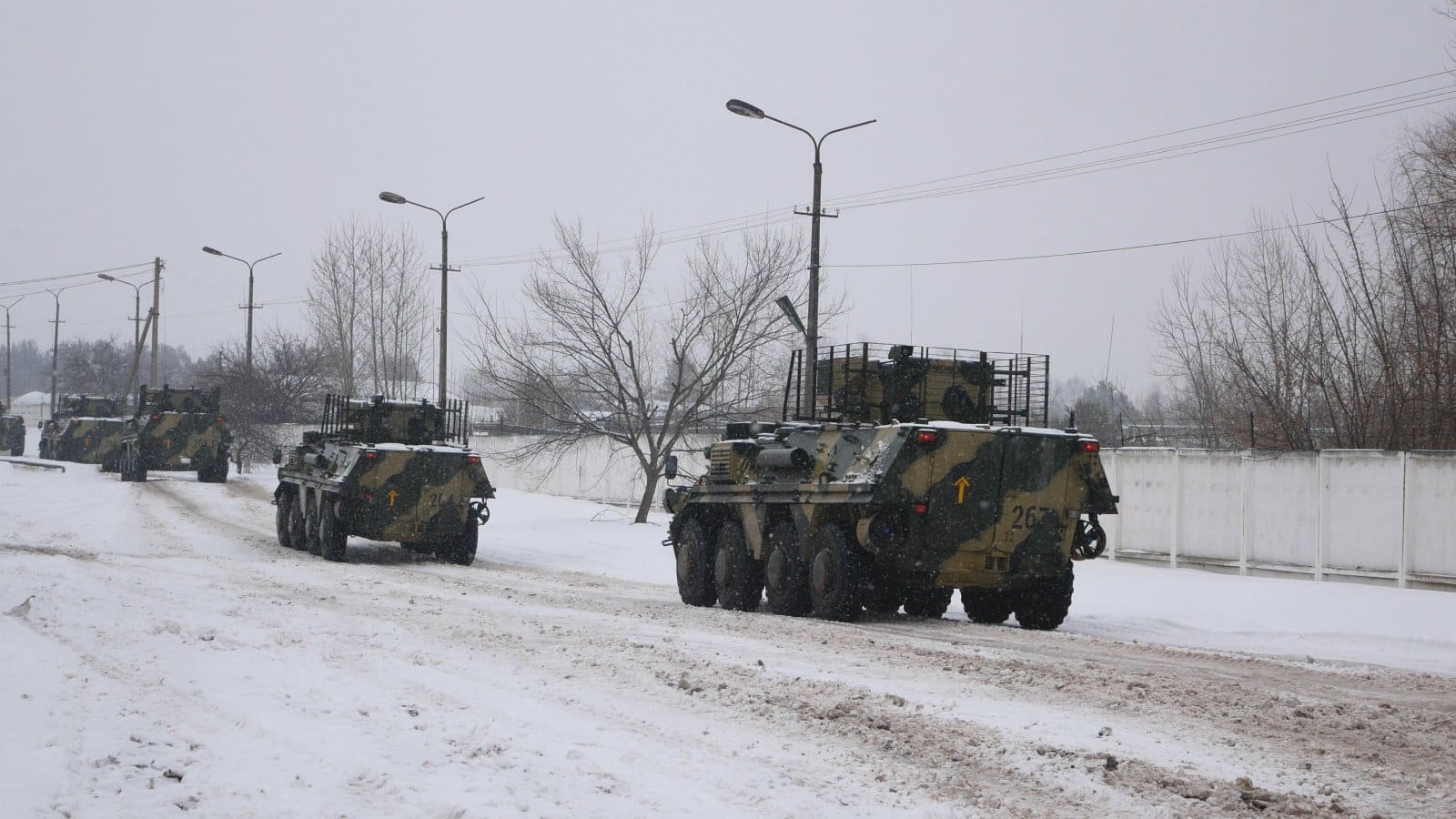
Over the last few days, Ukrainian troops have pushed more than 19 miles into Russia’s Kursk region, capturing the Kremlin entirely off guard and potentially representing a shift in the dynamics of the war, which, until now, had been primarily fought on Ukrainian soil.
State of Emergency
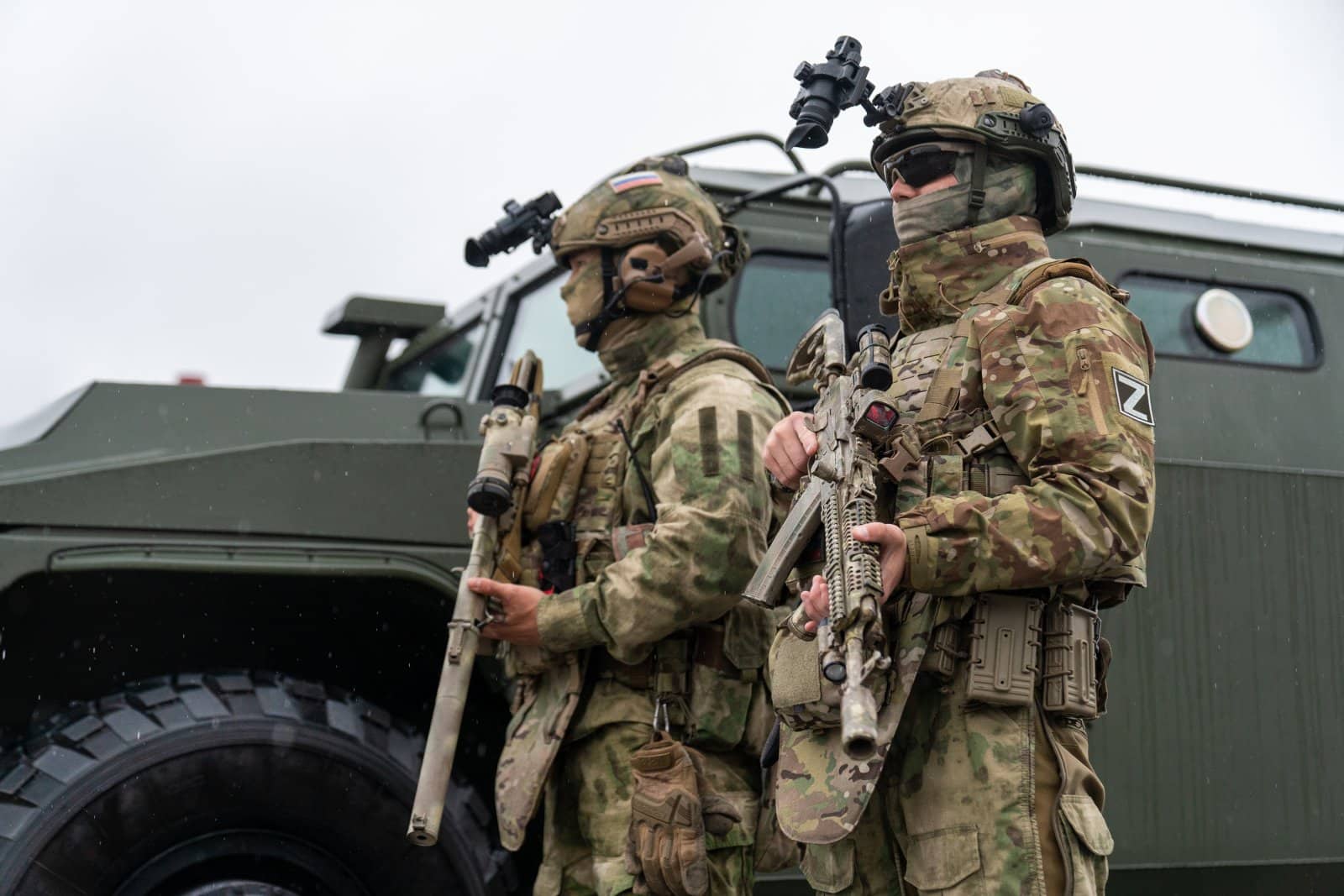
Russian forces have been unable to halt the Ukrainian surprise attack, and the Russian government has declared a state of emergency in the region, evacuating over 76,000 people to safer areas, including the capital, Moscow.
Zelenskyy Acknowledges Offensive
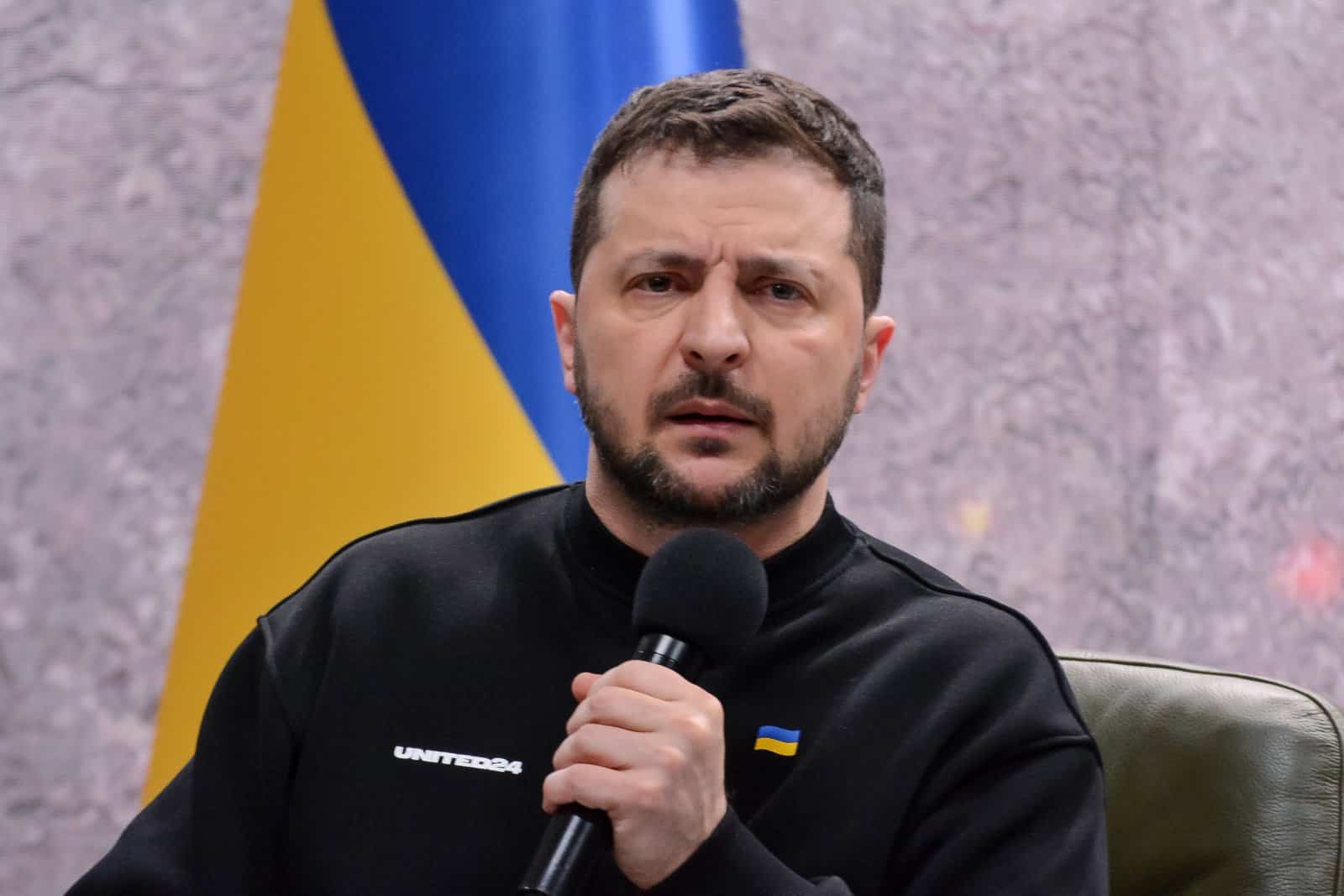
Though Ukrainian officials and military leaders had remained tight-lipped about the incursion when it first began, Ukrainian President Volodymyr Zelenskyy recently acknowledged the offensive for the first time, stating that Ukrainian forces were taking the war into “the aggressor’s territory.”
“Russia Brought War”

He added, “Russia brought war to our land, and it should feel what it has done.”
Kremlin Calls Provocation
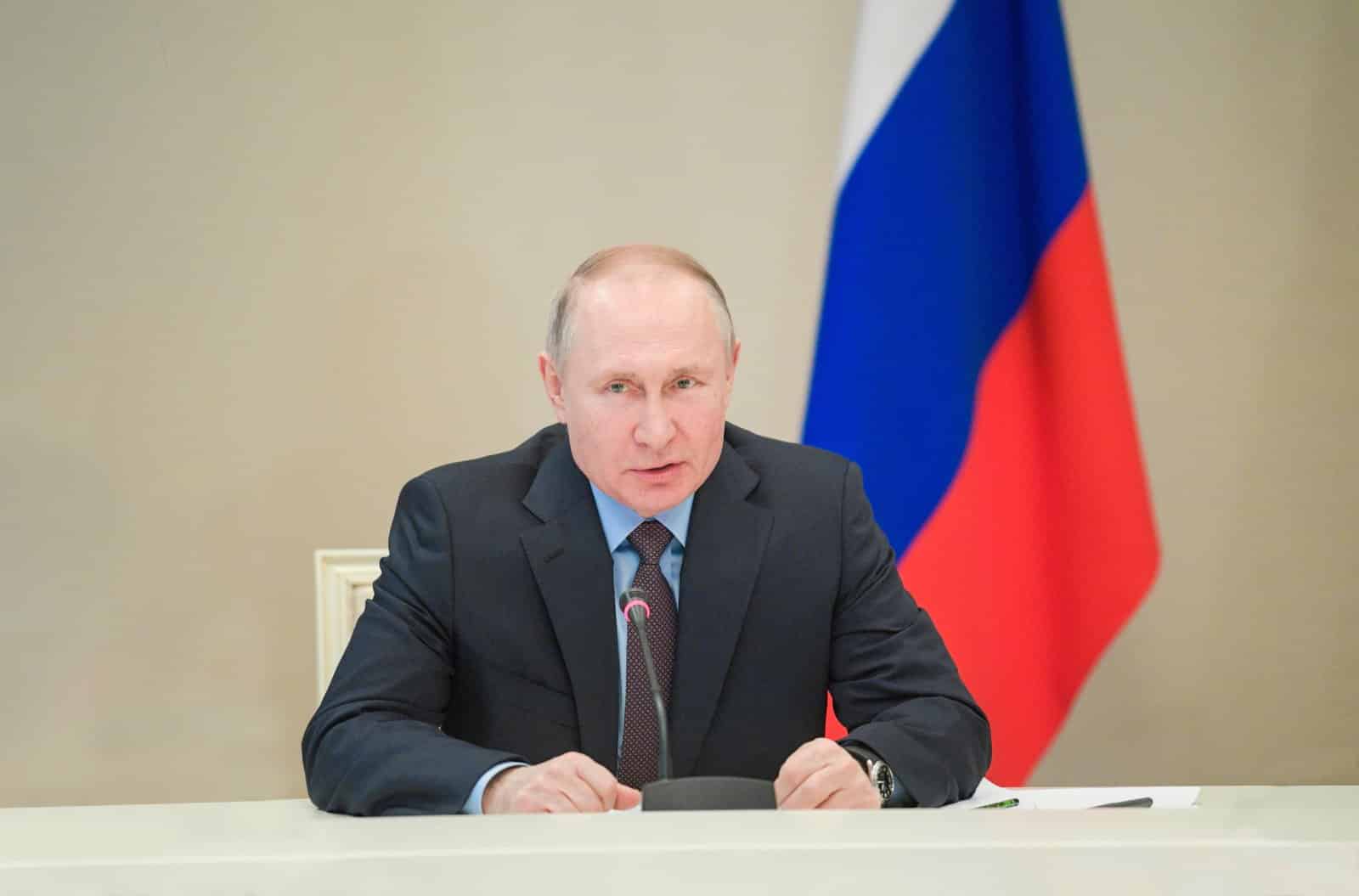
The unexpected offensive has clearly rattled the Kremlin, with President Vladimir Putin labelling the incursion as a “major provocation.”
Russian Condemnation
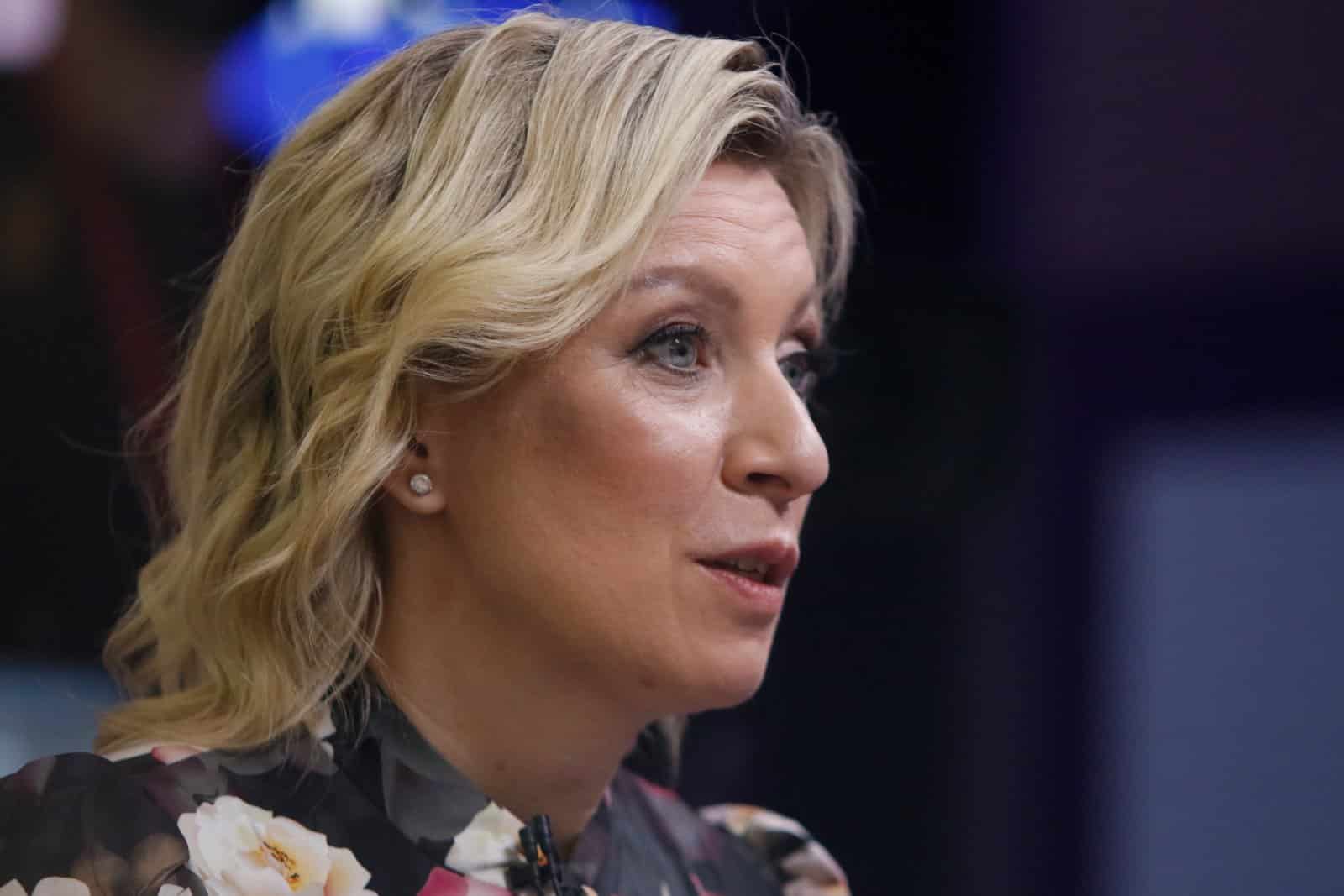
Russian Foreign Ministry spokeswoman Maria Zakharova stated, “The Kyiv regime is continuing its terrorist activity with the sole purpose of intimidating the peaceful population of Russia.”
“Tough” Response Promised
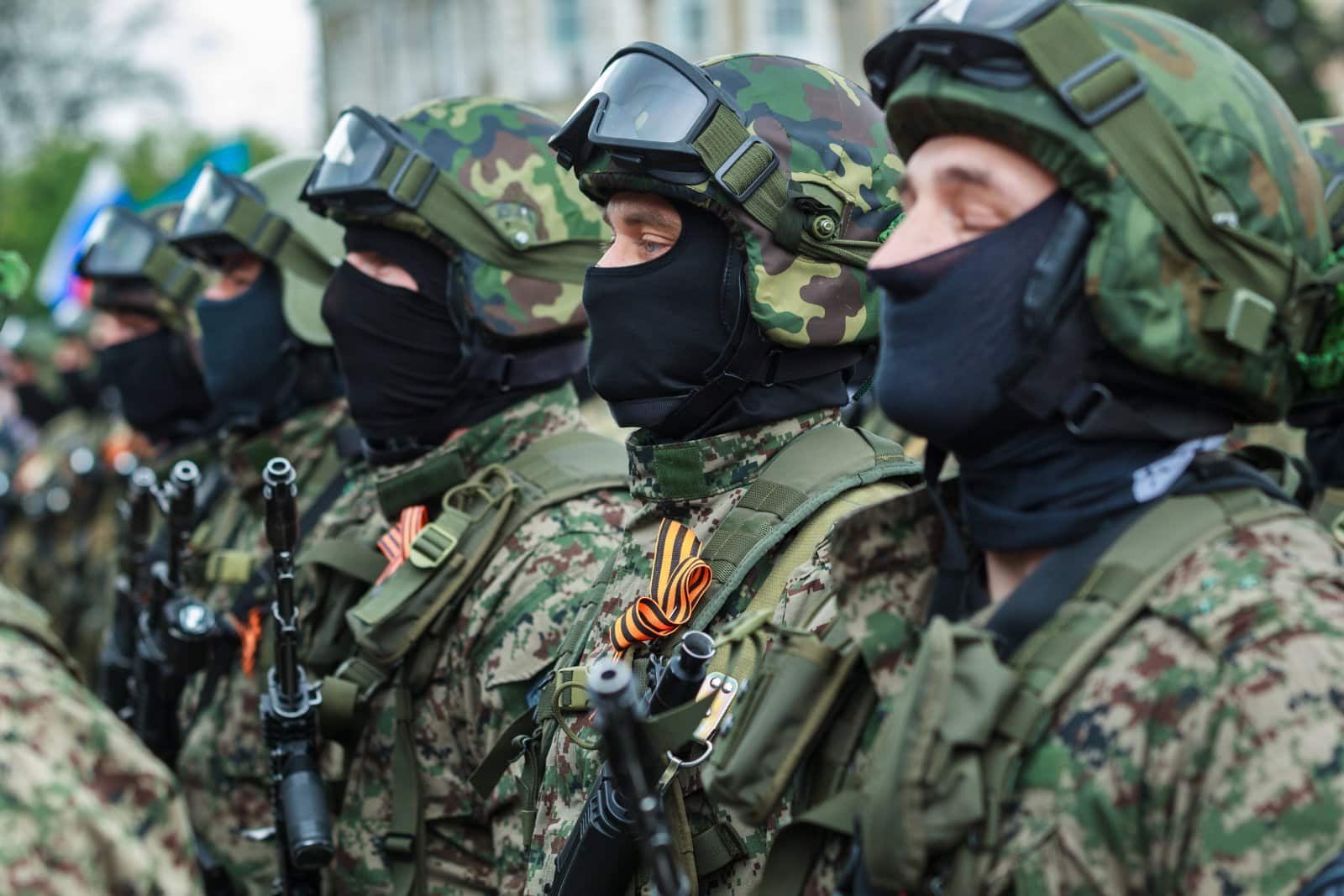
She also warned of a “tough” response to the Ukrainian surprise attack and added that the incursion made “no sense from a military point of view.”
Western Allies Unfazed

Despite Russia’s condemnation, there has been little sign of disapproval from Ukraine’s Western Allies. Though historically, countries like Germany have been cautious about provoking Russia, a German Foreign Ministry spokesperson told POLITICO, “Ukraine has the right to self-defence enshrined in international law. This is not limited to its own territory.”
German Weapons Used
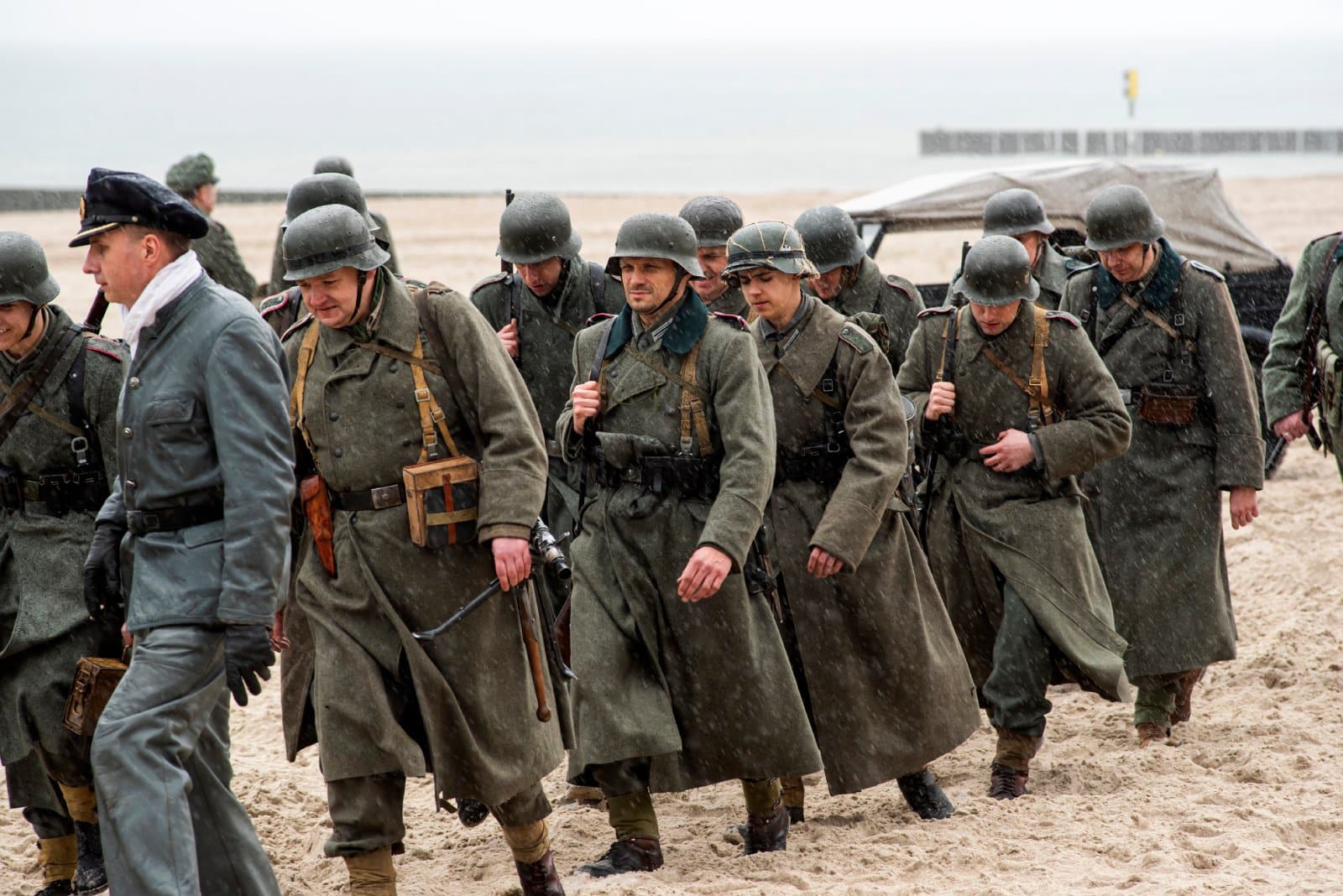
Similarly, German government officials brushed off the use of German-supplied weapons and equipment, including Marder infantry fighting vehicles and Leopard-2 battle tanks, which Germany has previously been cautious about Ukraine using for offensive purposes.
“Ukrainian Weapons Now”

Roderich Kiesewetter of the German Christian Democrat Party stated, “The question of whether Western weapons are involved doesn’t come up because, after they are delivered, they are Ukrainian weapons.”
US Support Reaffirmed
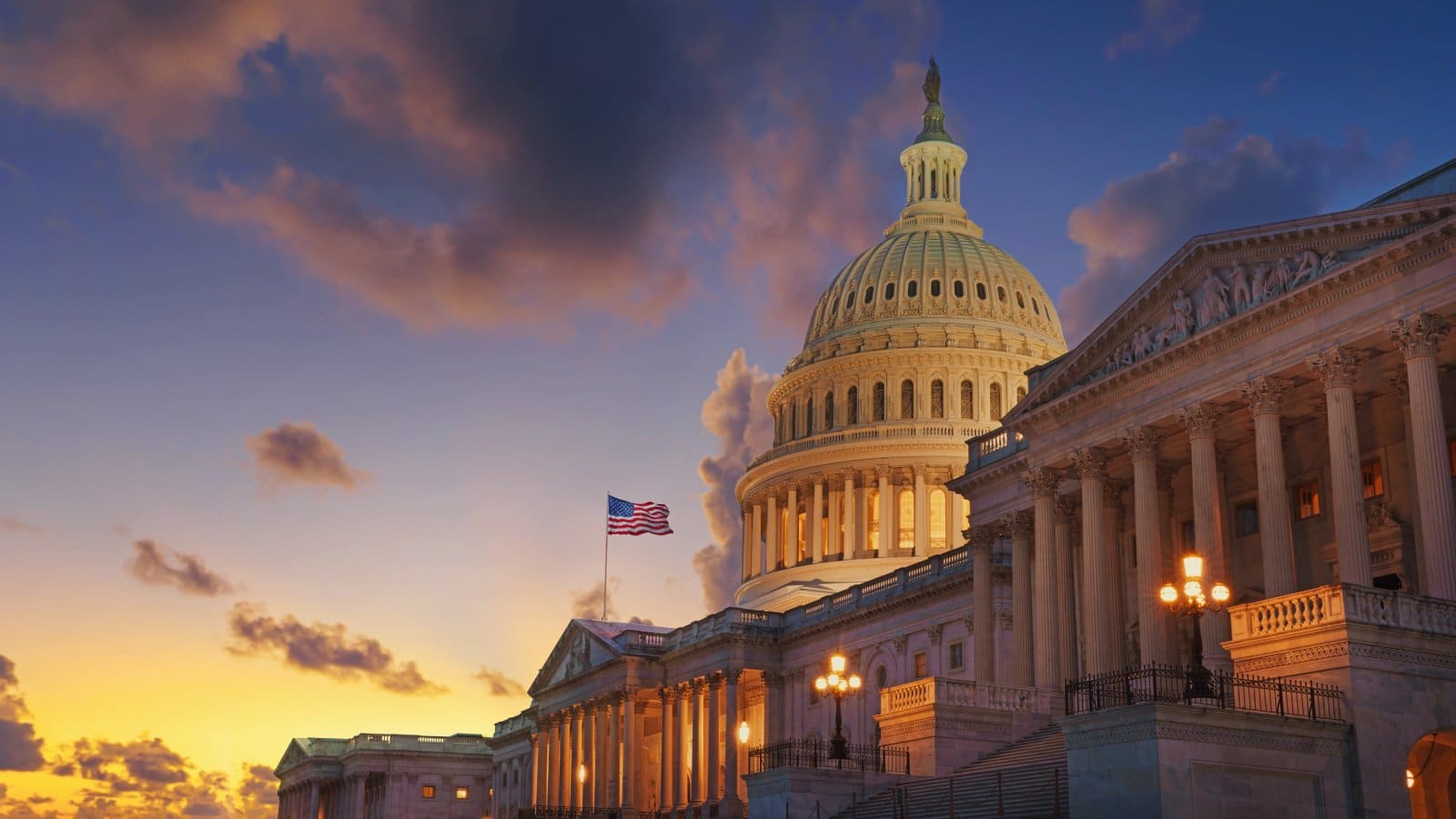
The United States, Ukraine’s most powerful ally, has also reiterated its support for Ukraine’s right to defend itself against Russia’s invasion. State Department spokesperson Matthew Miller stated, “Obviously, we strongly support Ukraine’s effort to defend against Russia’s aggression.”
Legitimacy of Border Defence
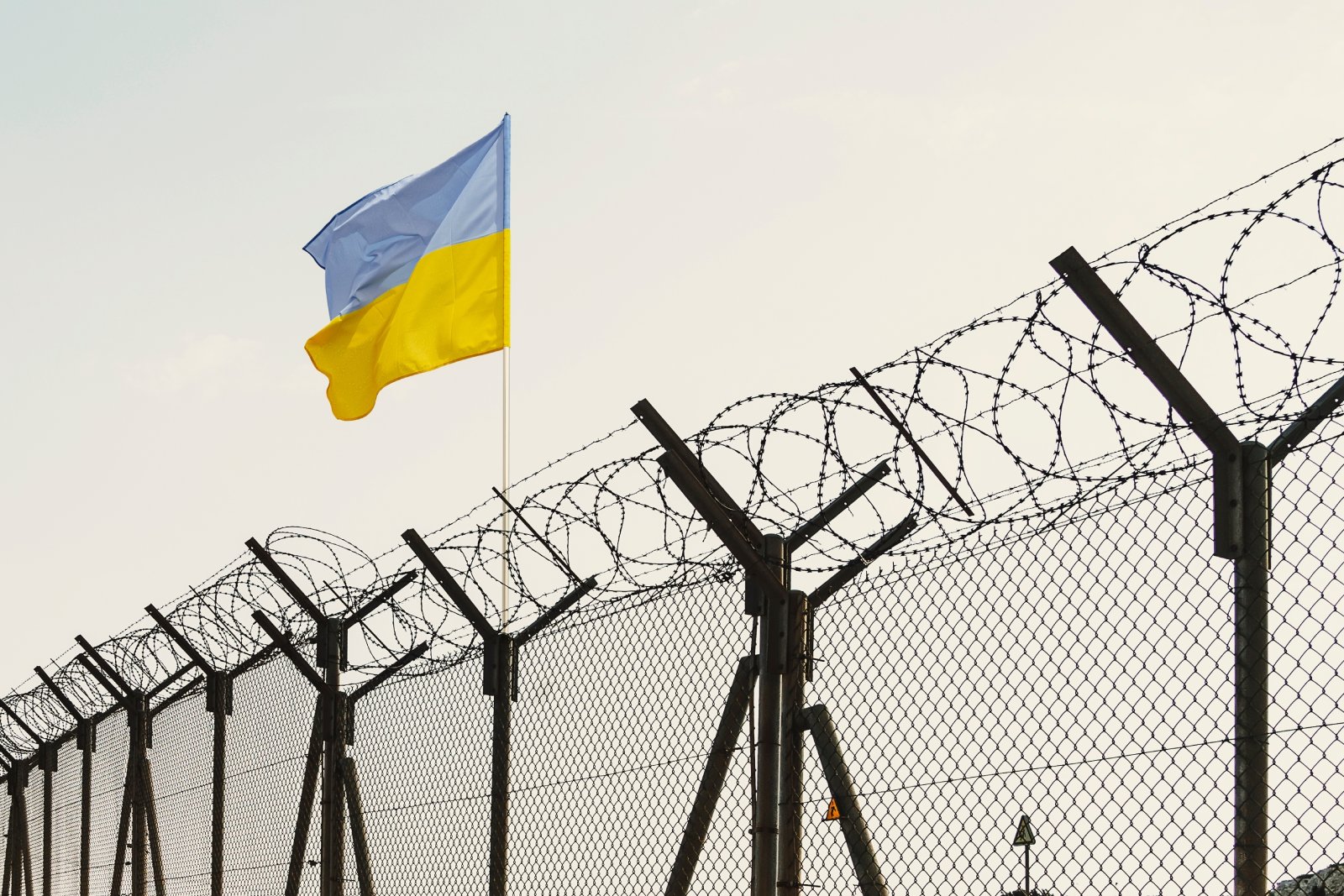
The policy that we announced was to allow Ukraine to respond to attacks coming from just over the Russian border. And yes, in the area where they are currently operating across the Russian border, we have seen attacks come from there.”
UK Silent on Operations
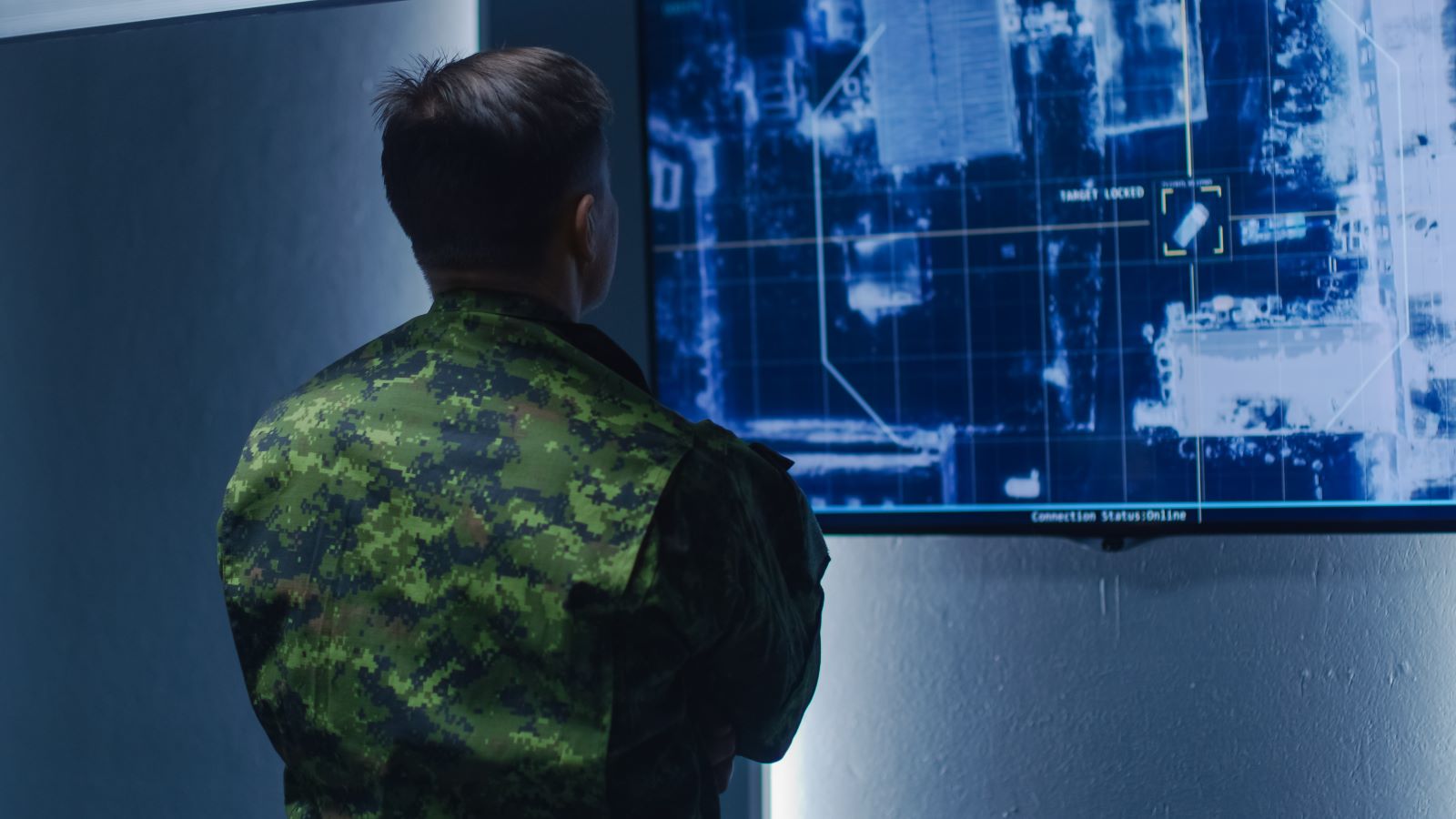
Unlike Germany and the US, the UK government has kept relatively quiet regarding Ukraine’s surprise offensive. A spokesperson refused to comment on “individual operations,” adding, “Our position in regard to our support remains unchanged.”
Strategic and Reputational Gains
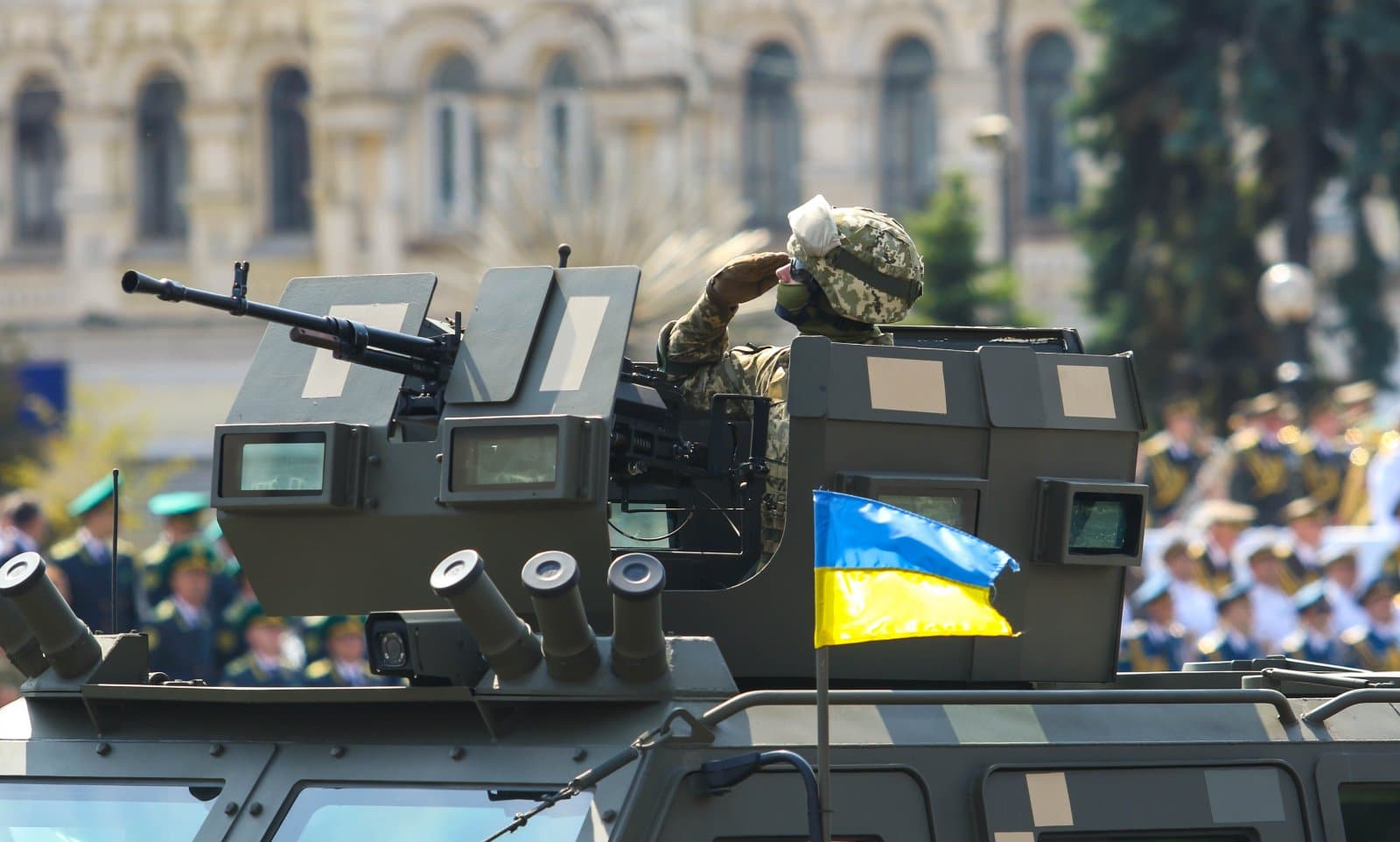
Military analysts have suggested that Ukraine’s incursion into Kursk and the surrounding regions likely serves both strategic and reputational purposes.
A Demonstration of Resolve

Professor Michael Clarke, a security and defence expert, told Sky News, “The Ukrainians have been losing territory – not dramatically, but slowly – and there was this sense that Ukrainians can’t win, so they’ve launched this offensive to try to give the Russians something to worry about.”
A Shift in Dynamics
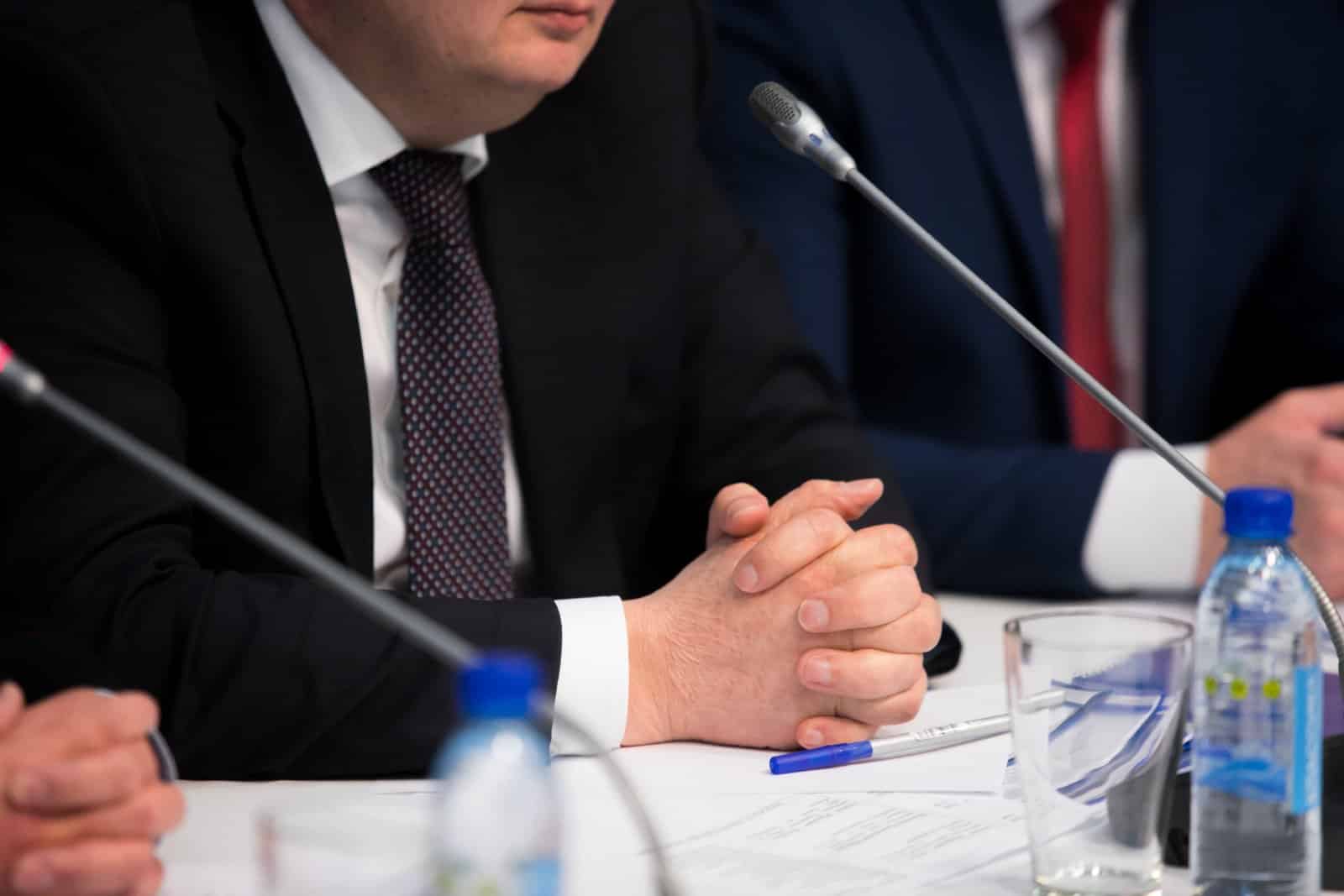
Clarke also speculated that the offensive’s goal was not to hold or capture territory from Russia but to “change the dynamic of the argument” among its allies, particularly the United States, by demonstrating that, even when outnumbered and outgunned, the Ukrainian military is still capable of taking bold actions that demonstrate its capability and resolve.
Preparing for Winter
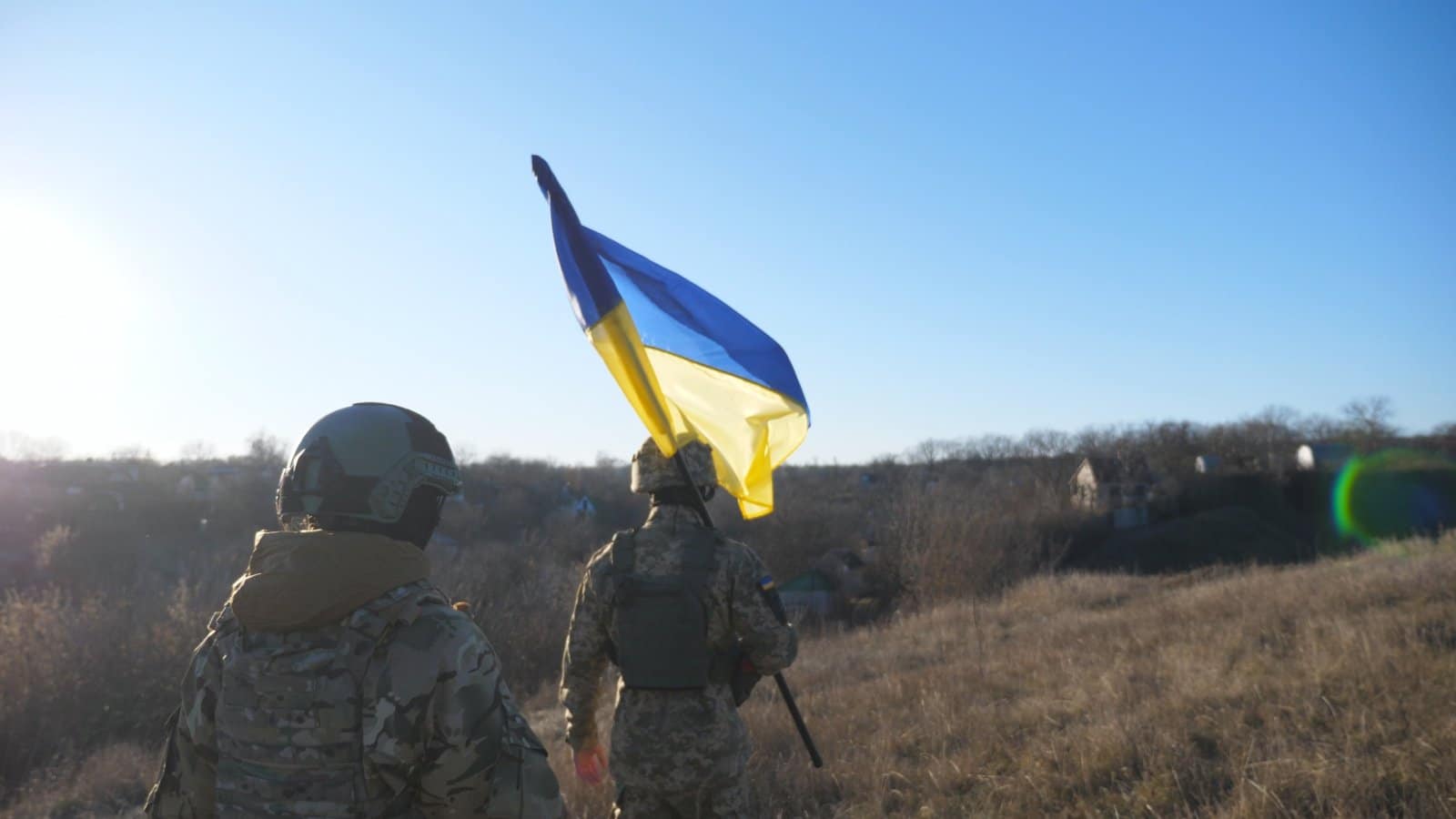
However, Clarke noted that the incursion was not purely a move to boost morale among Ukrainian troops and their allies but could also have some strategic value.
Securing a Better Position
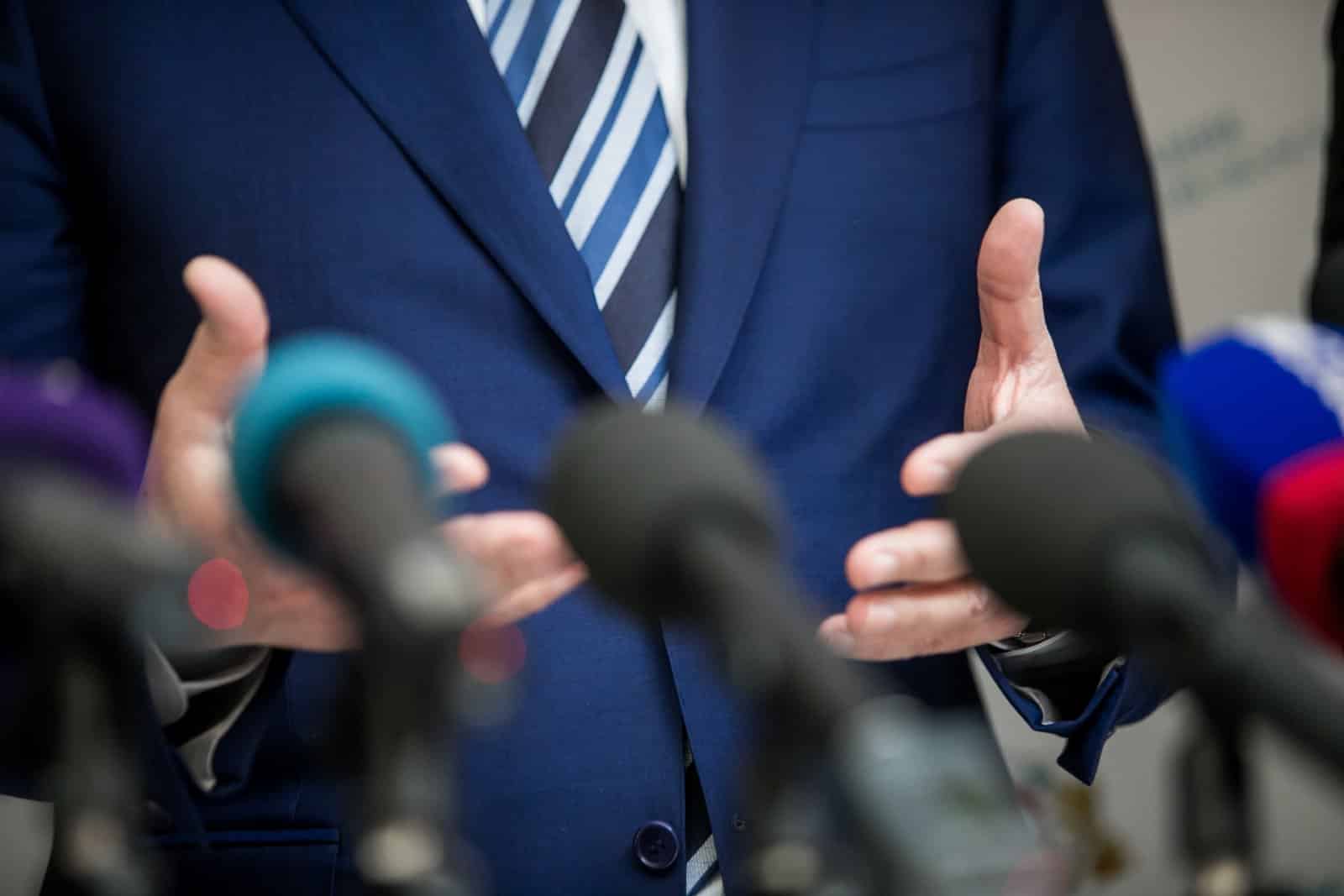
Clarke stated, “Both sides are trying to prepare the frontlines for the winter. Come mid-late October, it won’t be possible to move around so easily – you can still fight in the winter, but you can’t spread out.”
Holding Ground for Winter
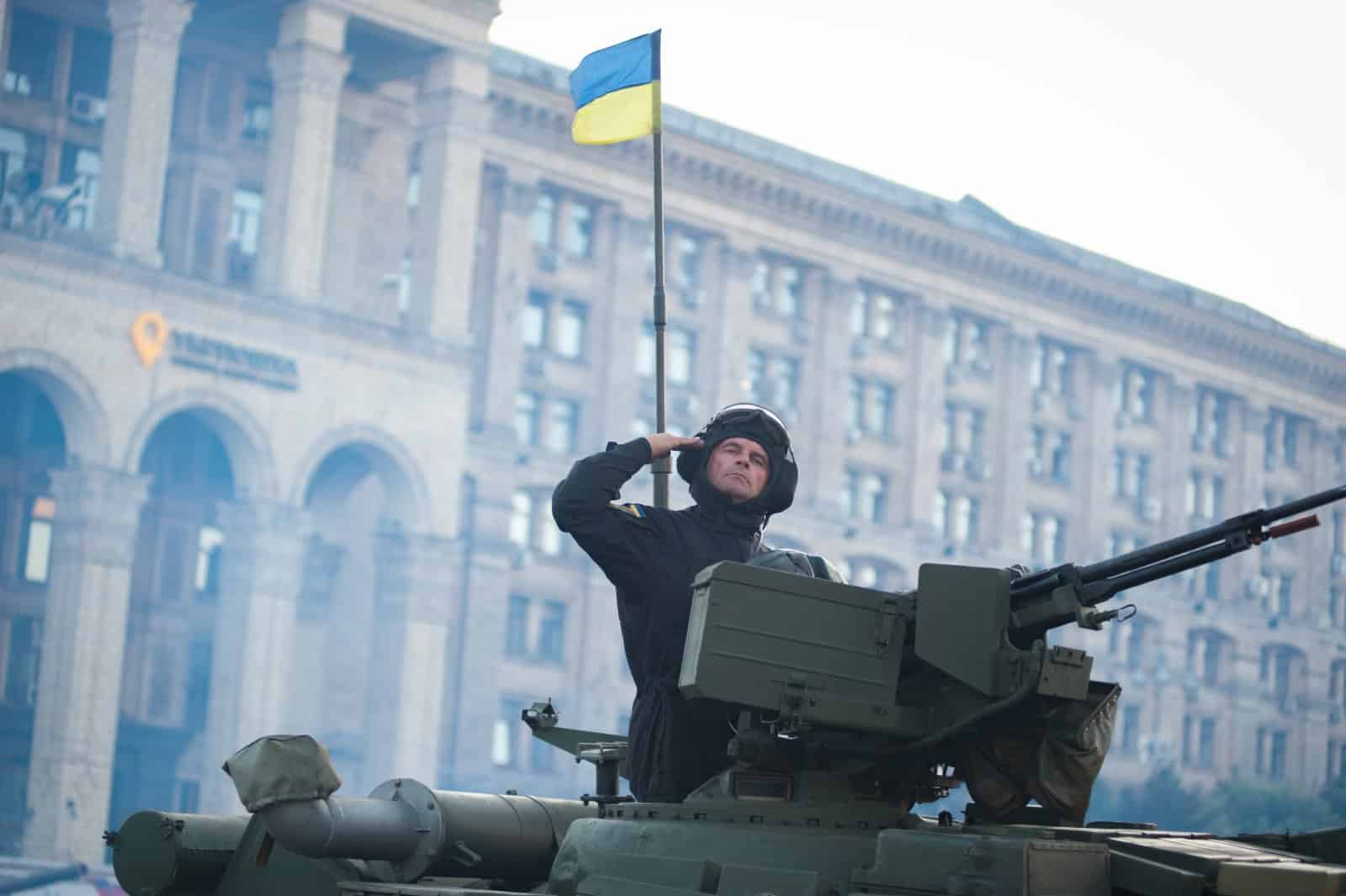
He added, “You’ve got to travel on the roads because the fields are so wet or they’re covered in snow, and if you travel on roads, then you’re very vulnerable to air attack. So this attempt by Ukraine… is to establish a better position and maybe hold on to it during parts of the winter.”
Growing Acceptance Among Allies
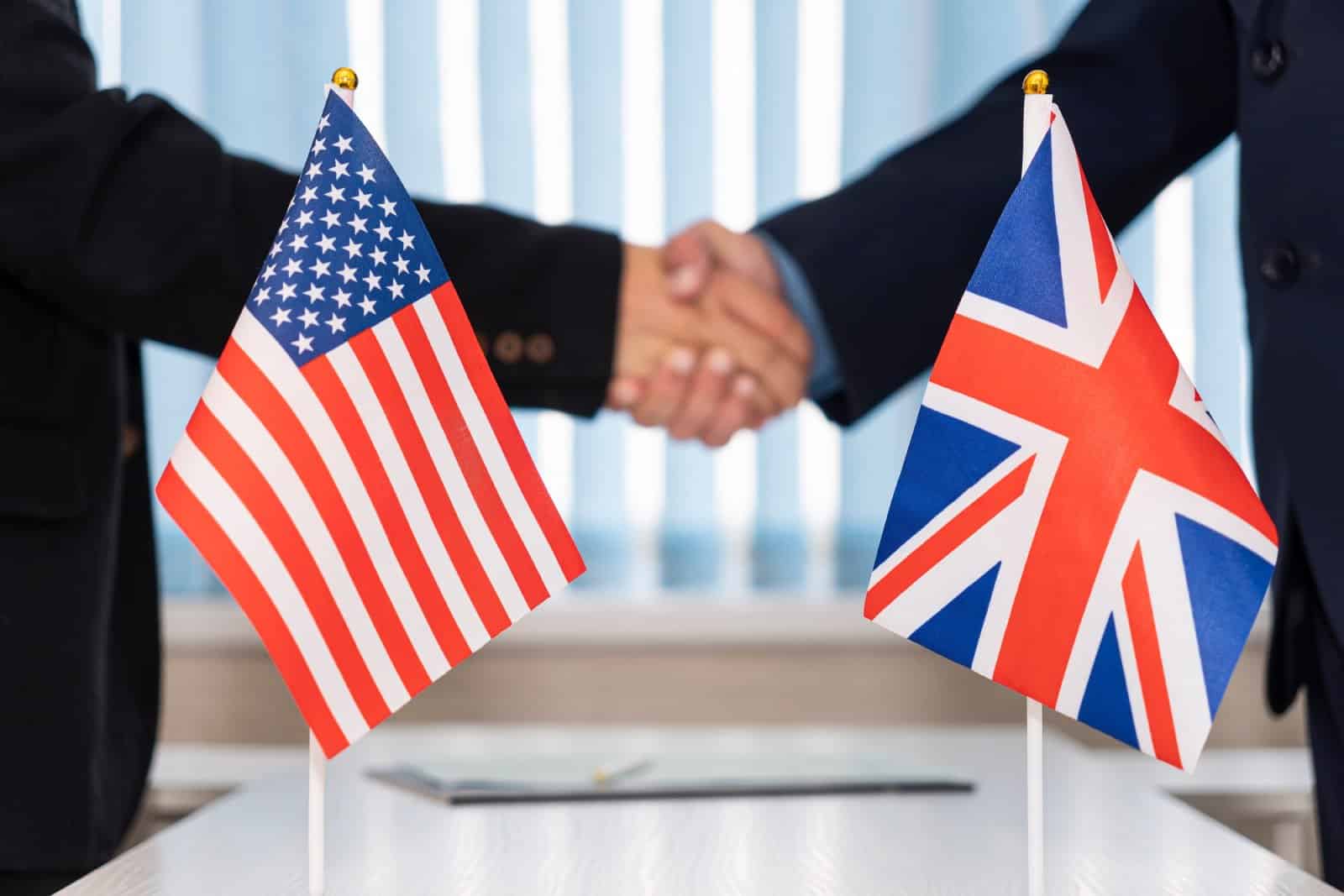
As Ukraine pushes deeper into Russian territory, the tacit support from Germany, the US and the UK for its surprise attack suggests a growing acceptance among allies that Ukraine should be able to strike back against Russia, even if it means crossing over onto Russian soil.
Kursk Offensive: Pivotal or Footnote?

However, it remains to be seen if the new Ukrainian offensive into Kursk will mark a pivotal moment in the ongoing war or whether the surprise attack will end up a footnote in the history of Russia’s brutal and bloody war against its smaller neighbour.
10 Worst Places to Live in the UK Today

Here’s a look at the 10 worst places to live in the UK, based on statistical analysis and local sentiment, to help you understand the challenges residents may face in these areas. 10 Worst Places to Live in the UK Today
“We Will Never Come to Help You” – Trump’s Hurtful Words Raise Concerns About EU Firepower
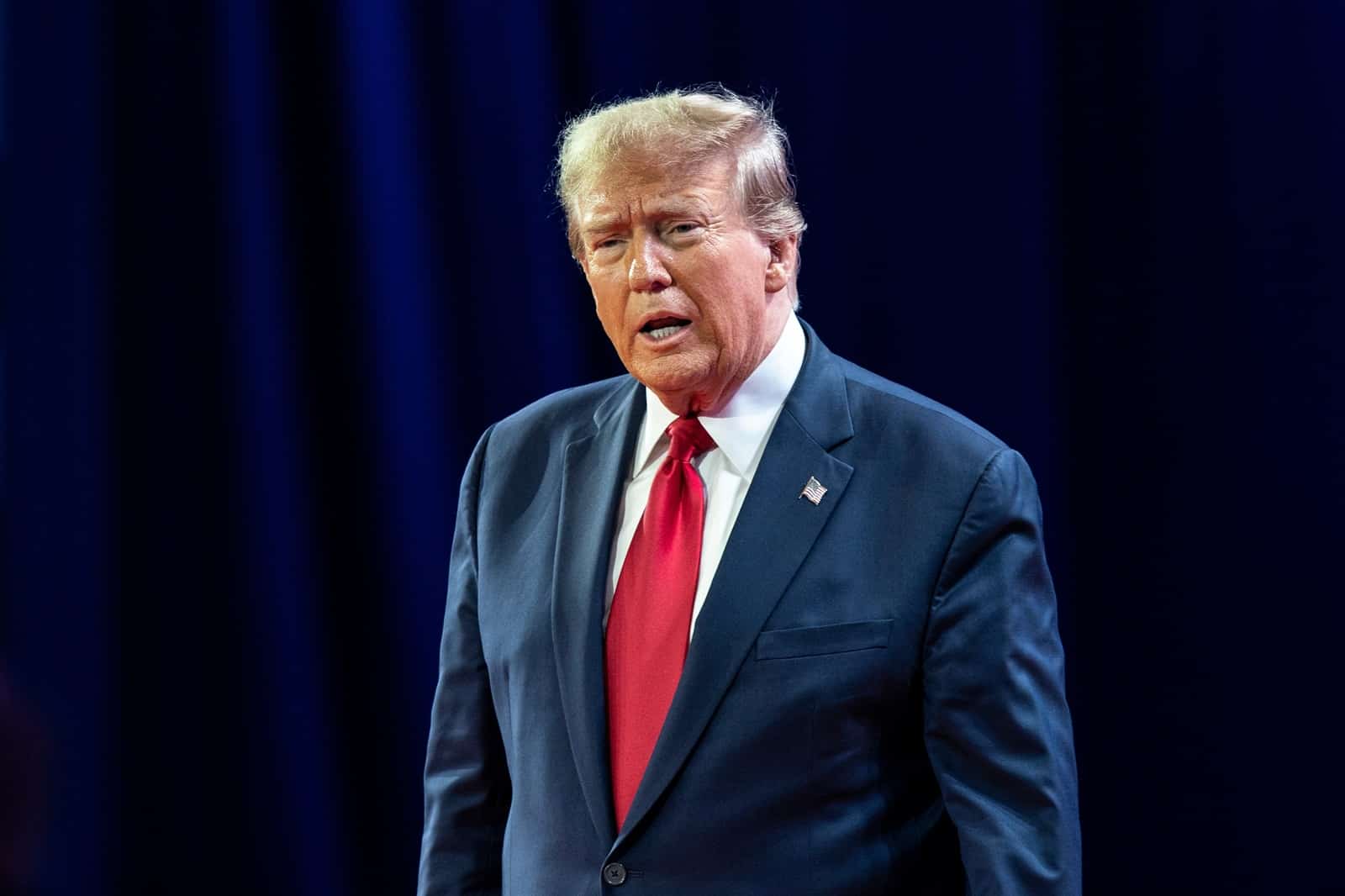
It was revealed in a conference in Brussels that former President Donald Trump said in 2020 that the US would “never help” Europe if it was attacked. Now, European nations are grouping to commit more firepower to combat Putin’s threat to democracy. “We Will Never Come to Help You” – Trump’s Hurtful Words Raise Concerns About EU Firepower
Brexit Fallout: 20 Ways the EU Is Falling Apart Without the UK
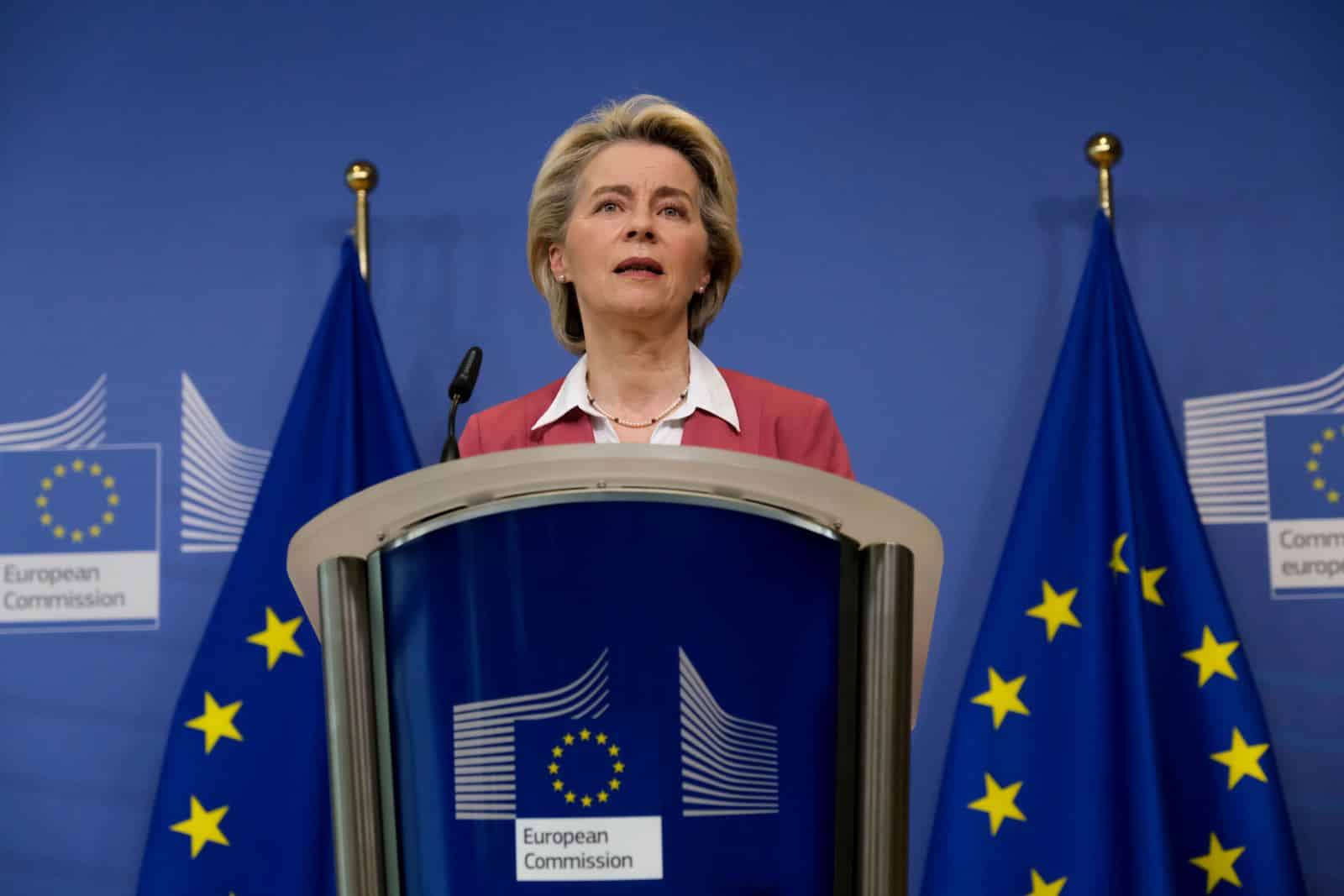
Since Brexit, the EU has been grappling with multiple crises and internal conflicts. Can the bloc hold itself together in these turbulent times? Brexit Fallout: 20 Ways the EU Is Falling Apart Without the UK
Featured Image Credit: Shutterstock / M2M_PL.
Grant Gallacher is a seasoned writer with expertise in politics and impactful daily news. His work, deeply rooted in addressing issues that resonate with a wide audience, showcases an unwavering commitment to bringing forth the stories that matter. He is also known for satirical writing and stand up comedy.

